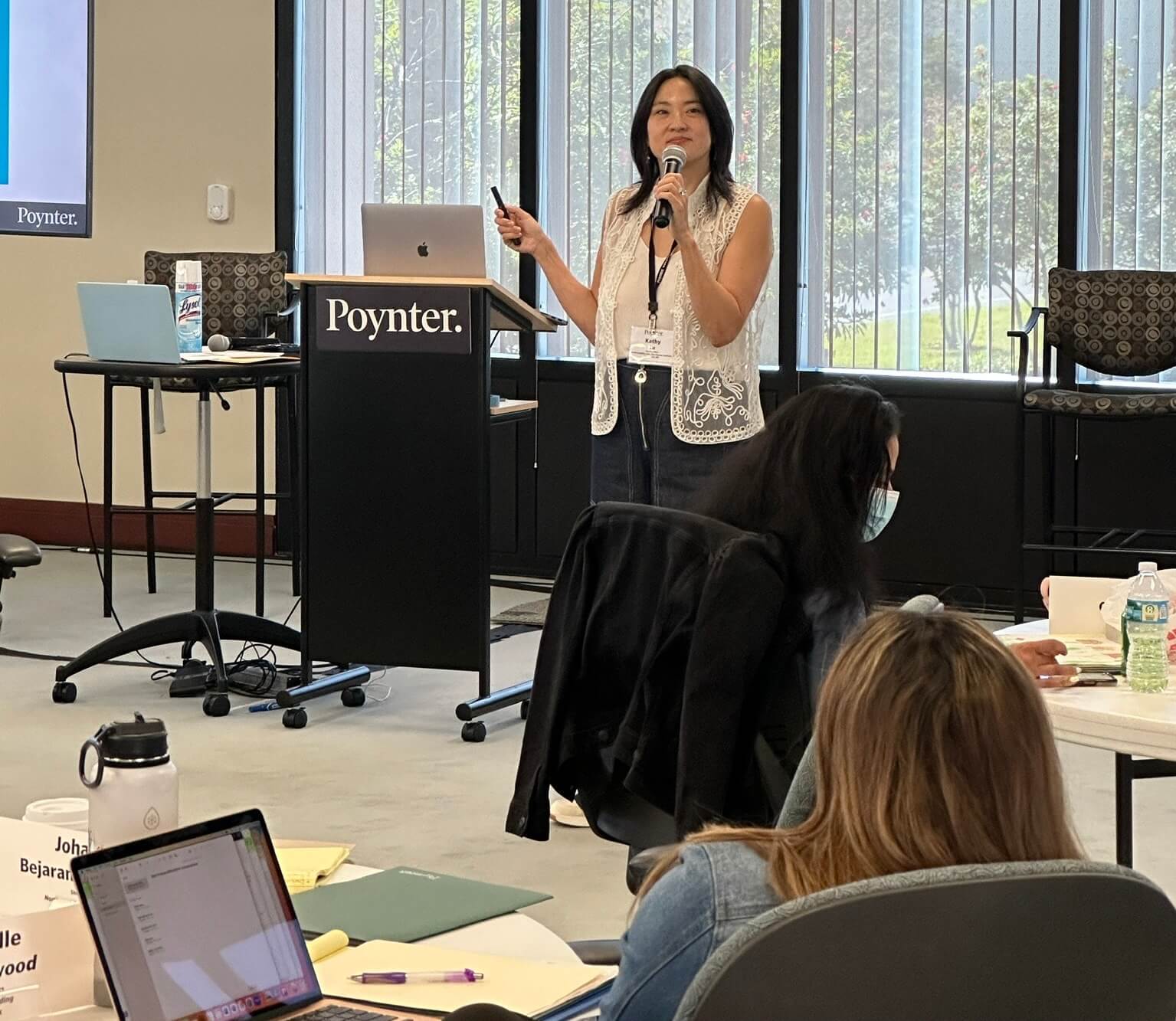BuzzFeed News won a Pulitzer Prize in International Reporting for an investigation into long-term detention and incarceration in China. The four-part series titled “Built to Last” was pieced together by senior correspondent Megha Rajagopalan and contributors Alison Killing, a licensed architect; and Christo Buschek, a programmer and digital security trainer.
This win marks the first Pulitzer for the digital outlet. This project was also a finalist for the Pulitzer Prize in the Explanatory Reporting category.
Using publicly available satellite images, along with dozens of interviews with former detainees, the unique trio identified more than 260 structures built since 2017. BuzzFeed News reported that China secretly built these prison and tenement camps as a campaign against Uyghur Muslims, even as it publicly claimed the detainees had all been set free.
The Pulitzer announcement called the project “a series of clear and compelling stories that use satellite imagery and architectural expertise, as well as interviews with two dozen former prisoners, to identify a vast new infrastructure built by the Chinese government for the mass detention of Muslims.”
The news came as a complete surprise, Rajagopalan told Poynter in an email Friday afternoon.
“I’m incredibly grateful to our reporting team, to our editor Alex Campbell, to BuzzFeed News, and to the organizations that supported our work,” the London-based journalist wrote. “When I first proposed to my editors that we work with an architect and a programmer on an investigation about China, I thought they would tell me I was nuts, but instead they said to go for it.”
Most of all, Rajagopalan added, she is deeply grateful to the former detainees who shared what happened to them inside Xinjiang’s camps.
“They did it at great risk to themselves, and the public owes much to their courage,” she wrote.
Not long after China began detaining Muslims in Xinjiang, Rajagopalan visited an internment camp, according to BuzzFeed. At that time, the country denied such places existed. The journalist was later forced out of China.
“I’m really pleased. … I think I’m also slightly in shock,” Killing told Poynter in a Zoom call from the Netherlands, where she is currently based. “I’m really pleased that we’ve won. Of course, it’s a big surprise because it’s just so competitive, you know, but it’s also just great that it will help to raise the profile of what’s happening in Xinjiang, and help to bring that work to more people.”
Killing owns Killing Architects, an architecture and urban planning firm. For the project, she said the team all worked remotely: Rajagopalan was in London and Buschek was in Berlin. Killing’s contribution to the series included feasibility studies and satellite imagery analysis, and she located likely locations of the internment camps in question.
Killing said she was cooking dinner when the announcements were made. She confessed to being reluctant to watch the livestream. She didn’t want to jinx it. But she caved and followed along.
Killing said the profile of this issue has slowly been growing over the past year. She added that the goal through their investigation was to try and show the scale of the problem, of what was happening at these individual camps. And finally, that it’s still possible to investigate these sorts of issues even if you can’t go to the places involved.
Reached by email Friday, Buschek said the win felt unreal.
“I don’t think I fully understand yet what it means,” he wrote. “On a professional level, I feel convinced, more than ever, that computational methods are beneficial to augment traditional forms of research.”
Buschek said he wasn’t aware that the announcements were going on. He received a text message from Killing and didn’t believe it right away. “I honestly had to double-check to realize what she told me,” he added.
On what he hoped people learned from the investigation, Buschek’s hope is that they understand “the dimensions of the prison regime that the Chinese government built.”
“What happens in Xinjiang is a tragedy of epic proportions. Living in Europe, people often think that such grave violations of human rights and genocide are a thing of the past,” he said. “I hope people understand that such acts are still happening today and can happen anywhere.”
“There’s still lots more work to be done, and we aren’t planning to slow down,” Rajagopalan added.
“Built to Last” was supported by the Open Technology Fund, the Pulitzer Center, and the Eyebeam Center for the Future of Journalism.






